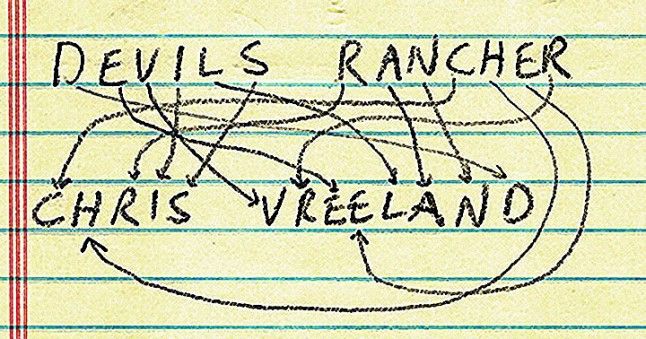What is an anagram? Have you ever asked yourself that question? Discussing dictionaries you may find out that an anagram can be described as a word which was formed from another word by simple reordering of the letters as in rescue vs. secure. You may then realize that you can take the same letters and form a new word with a new sense. Furthermore, you can create from a single word like Belgium a big mule and from phrases like a decimal point a sentence I’m a dot in place. Here, the diacritics and orthography is then disregarded.
Anagram and the Beginnings
Since when were anagrams used? According to its Latin origin the term dates back to the classic era. However, the etymology does not reveal much. After searching you may then find the connection between anagrams and themuru. Themuru was an ancient way of anagramming names to solve their mystical meanings. It is connected with the times of Moses. However, you can read more about it in another article.
Perhaps worth mentioning is an example which also dates back into the past as it is stated in A Dictionary of the English language by S. Johnson, H. J. Todd and J. Walker 1836. The anagram example comes from the Bible: The Pilat’s question ‘Quid est veritas?‘ (John 18:38) meaning What is the truth? is anagrammed into the answer “Est vir qui adest.” meaning “It is the man who is here.”
Anagrams and the Wit
The anagrammed answer by Pilat brings the situation in a witty way to its point. Thus, we can say that the essence of this word play often is to rearrange alphabet letters in a witty way. We can turn Margaret Thatcher into That great charmer, dormitory into dirty room and Evangelist into Evil’s Agent to mention some of the witty ones. But that is not all. When you have a closer look at the anagrammed words and compare them to its original you will find out that there can also be some other meaning relation. For example, The Titanic disaster and its anagrammed form Death, it starts in ice. depicts that relatedness. The original word and its anagram can be also synonyms or antonyms or they can possibly put the meaning of the previous phrase in a nutshell.
Anagrammed Titles
The relation between the original and the anagrammed word are used also in various media. Films, books etc. can refer to a play with titles to restore a semantic relation. An example is Homer Hickam Jr.’s Rocket Boys that was adapted under the film title October Sky. Rocket as well as Sky are words which display that semantic relation whereby October Sky is an anagrammed allusion of Rocket Boy. Both media are connected through their anagrammed titles.
Anagrams in the Press
The principle of anagrams to use the meaning relation between the original word and its anagram is to be found in one online newspaper. It anagrams some of the news as not everything can be put into a semantic relation. For example, when Ann Rutherford died the subtitle of the article “Gone With the Wind actress Ann Rutherford dies” was anagrammed in “Rich, fond, sweet, stunning star, herewith adored” which restores that semantic relation to the actress. The newspaper where you can learn more is called The Anagram Times.
What is an anagram?
To sum up, an anagram is another word, phrase or sentence with a new meaning formed from letters of the previous word or words: Thus a very cool talentless star is formed from Actor Silvester Stalone. As mentioned above, it restores some meaning connection describing something or someone from another perspective. Regardless of whether it is witty, synonymous or putting the sense of the previous phrase in a nutshell. In general, anagrams are used for plays and games and you can find some help online or with books as Crossword Anagram Dictionary, Anagrams, to name a few sources.

